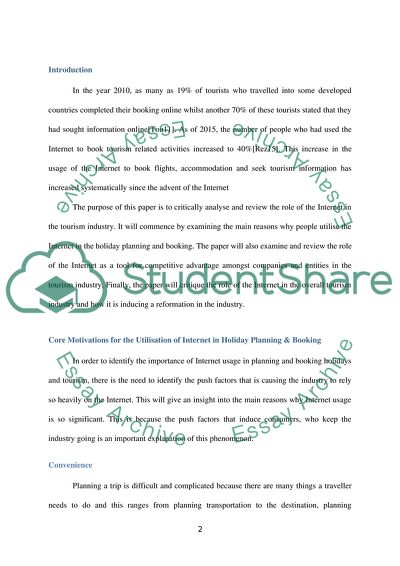Cite this document
(“Impact of Internet Usage On the Tourism Industry Essay”, n.d.)
Impact of Internet Usage On the Tourism Industry Essay. Retrieved from https://studentshare.org/tourism/1691668-impact-of-internet-usage-on-the-tourism-industry
Impact of Internet Usage On the Tourism Industry Essay. Retrieved from https://studentshare.org/tourism/1691668-impact-of-internet-usage-on-the-tourism-industry
(Impact of Internet Usage On the Tourism Industry Essay)
Impact of Internet Usage On the Tourism Industry Essay. https://studentshare.org/tourism/1691668-impact-of-internet-usage-on-the-tourism-industry.
Impact of Internet Usage On the Tourism Industry Essay. https://studentshare.org/tourism/1691668-impact-of-internet-usage-on-the-tourism-industry.
“Impact of Internet Usage On the Tourism Industry Essay”, n.d. https://studentshare.org/tourism/1691668-impact-of-internet-usage-on-the-tourism-industry.


